On the morning of November 13 (Brazil time), within the framework of COP30, the Vietnamese delegation had a working session with the United Nations Industrial Development Organization (UNIDO). The two sides discussed cooperation opportunities and programs supported by international funds, including the Green Climate Fund (GCF).
Ms. Rana Ghoneim, Director of Energy and Climate Action (UNIDO) said: UNIDO is implementing the 8th Replenishment Programme of the Global Environment Facility (GEF-8), which includes the Global Decarbonization Investment Accelerator for Hard-to-Abate Sectors (GDIA), helping countries get ready for industrial transformation along a net-zero emissions pathway.
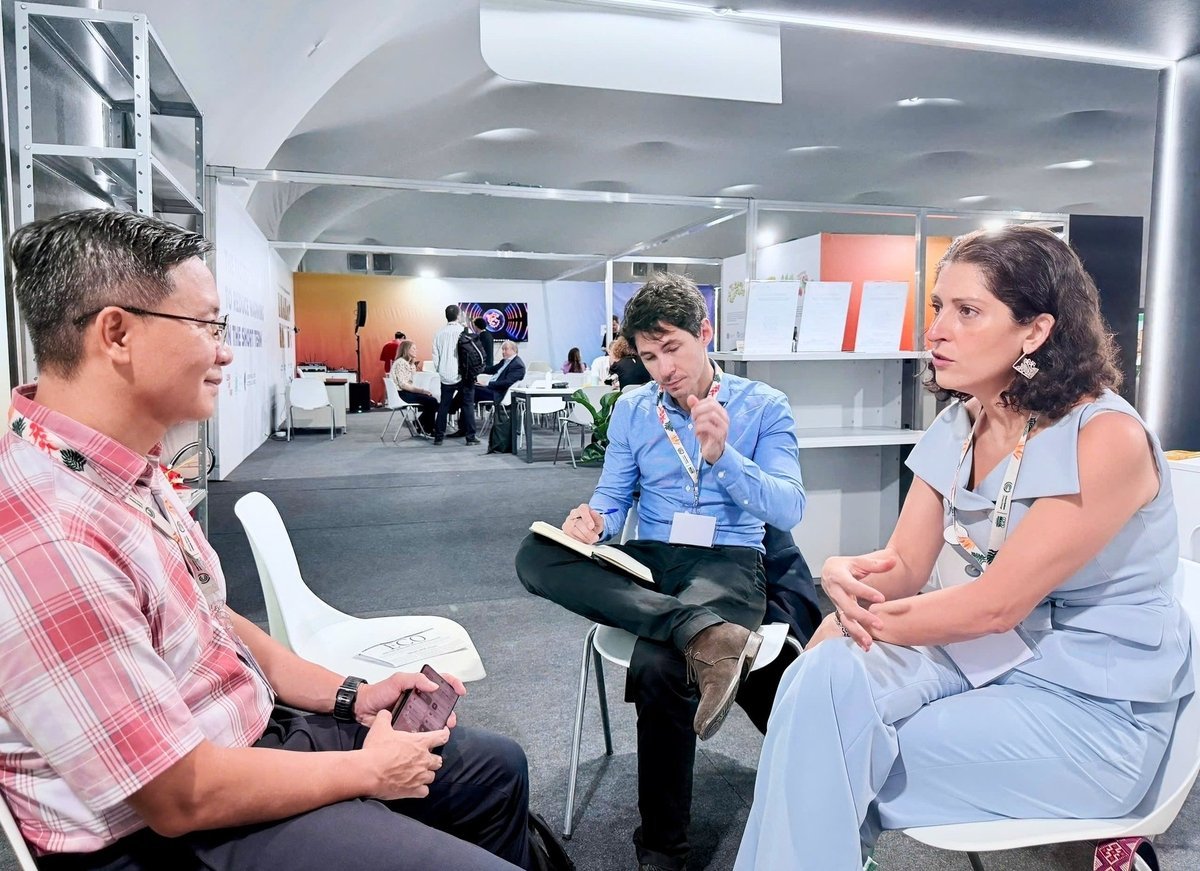
Ms. Rana Ghoneim, Director of the Energy and Climate Action Department (UNIDO) shared about the industrial emission reduction support programs within the framework of GCF and GEF funds with Mr. Le Ngoc Tuan, Deputy Director of the Department of Climate Change ( Ministry of Agriculture and Environment ), Head of the Vietnamese delegation at the COP 30 Conference. Photo: Chu Huong.
GDIA aims to support developing and emerging economies to accelerate decarbonisation in hard-to-reduce industrial sectors, starting with cement. Specific solutions include strengthening policy frameworks, developing standard methodologies for emissions reduction, and supplementing investment projects using public-private finance.
In doing so, GDIA will bridge the gap between international climate finance mechanisms and national industrial transformation needs, ensuring alignment with the 1.5°C target of the Paris Agreement on climate change.
In addition, UNIDO is implementing the GCF Readiness Programme for Industrial Decarbonisation, which aims to develop proposals to support developing countries in preparing for large-scale industrial decarbonisation. This is not only a funding mechanism but also a catalyst for adjusting national industrial strategies, contributing to achieving the global Net-zero target. Ms. Rana Ghoneim affirmed that UNIDO has a lot of experience cooperating with countries around the world on reducing greenhouse gas emissions in industry, especially in the cement production sector.
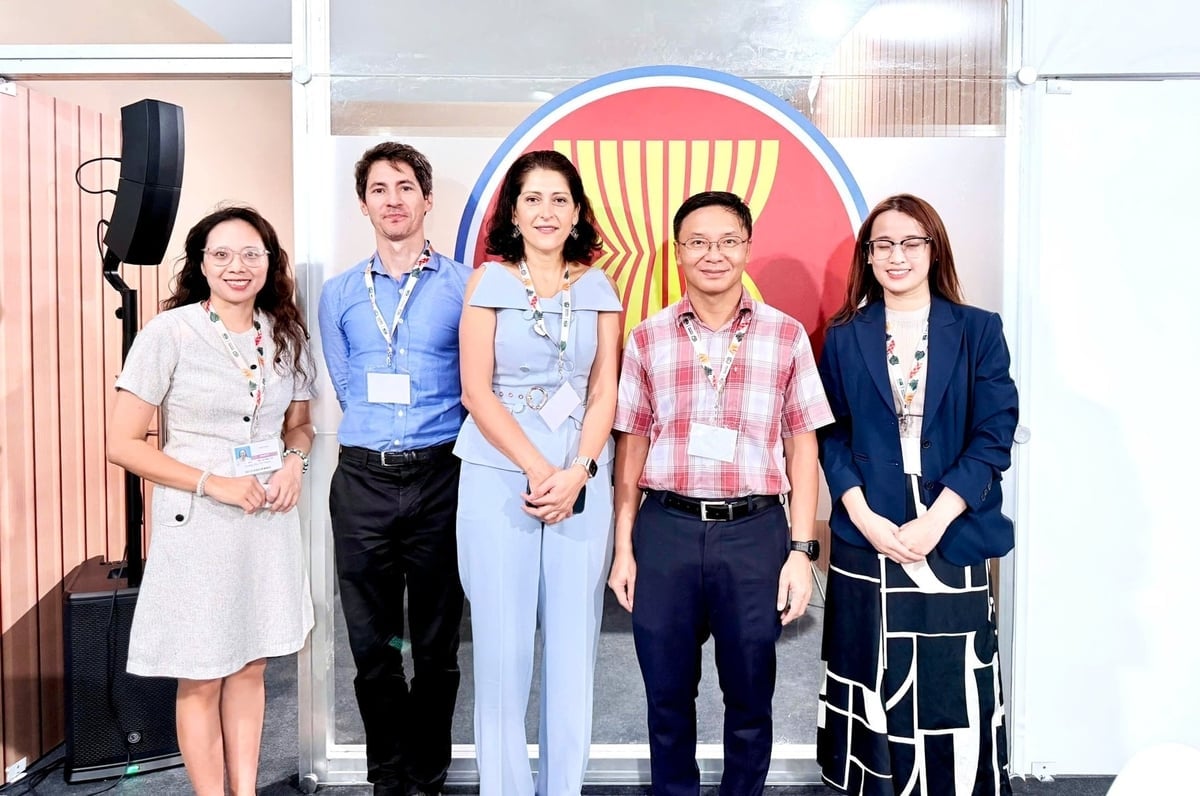
UNIDO representatives and the Vietnamese delegation attended the working session. Photo: Chu Huong.
On the Vietnamese side, ahead of COP 30, the Ministry of Agriculture and Environment, in collaboration with the United Nations Development Programme (UNDP) and the German International Cooperation Agency, held a technical consultation meeting on the development of a draft Nationally Determined Contribution Report for the 2026-2035 period (NDC 3.0). The meeting assessed Vietnam's progress in implementing the NDC and continued to propose new emission reduction targets for major emission sectors, including the industrial process sector.
Head of the Vietnamese delegation at COP 30, Deputy Director of the Department of Climate Change Le Ngoc Tuan shared: According to Vietnam's draft NDC 3.0, reducing emissions in cement production is identified as one of the important measures to cut greenhouse gases. In 2025, Vietnam is piloting the allocation of emission quotas to cement, steel and thermal power production facilities.
Mr. Tuan highly appreciated UNIDO's cooperation in supporting Vietnam in implementing NDC in recent times, and expressed his hope that the two sides would continue to coordinate in developing specific projects to realize the NDC goals in the new period.
Green Climate Fund interested in energy transition projects
The Green Climate Fund (GCF) was established in 2010 at COP16 (in Cancun, Mexico) to mobilize finance for low-emission development and climate change adaptation. The GCF’s objectives include supporting developing countries to translate stronger climate commitments into their Nationally Determined Contributions (NDCs) and to implement them.
Regarding greenhouse gas emission reduction, GCF prioritizes investment in renewable energy projects, clean energy, buildings, industry, sustainable transport, forest management, and reduction of emissions from deforestation and forest degradation (REDD+). Regarding climate change adaptation, GCF prioritizes investment in projects on water resource management, sustainable agriculture, climate-resilient infrastructure, ecosystem conservation, and support for vulnerable communities.
Recently, the GCF fund has received an initial commitment of 10.3 billion USD, a second mobilization for the 2020-2023 period of 9.9 billion USD and the 2024-2027 period of 12.8 billion USD.
To date, GCF has financed 18 billion USD for 314 projects in 133 developing countries. In Vietnam alone, GCF has supported 5 projects to enhance preparedness with a total budget of 4.7 million USD and 6 other projects with a total capital of 210.6 million USD. There are currently about 19 GCF-recognized organizations operating in Vietnam, including two domestic organizations: Vietnam Development Bank (VDB) and Bank for Investment and Development of Vietnam (BIDV).
GCF is currently paying special attention to energy projects in Vietnam, with the potential to scale up across the region. Research shows that ASEAN countries need about 80 billion USD to serve the energy transition and promote green exports to the European market. Vietnam, with its advantages in production and export, can take advantage of GCF's catalytic capital and other additional resources to accelerate this process. GCF expressed its hope that Vietnam will become a pioneer country and a strategic partner of the Fund in the region.
Source: https://nongnghiepmoitruong.vn/cop30-viet-nam-tang-cuong-hop-tac-voi-unido-ve-giam-phat-thai-trong-cong-nghiep-d784165.html


![[Photo] Special class in Tra Linh](https://vphoto.vietnam.vn/thumb/1200x675/vietnam/resource/IMAGE/2025/11/14/1763078485441_ndo_br_lop-hoc-7-jpg.webp)

![[Photo] Unique art of painting Tuong masks](https://vphoto.vietnam.vn/thumb/1200x675/vietnam/resource/IMAGE/2025/11/14/1763094089301_ndo_br_1-jpg.webp)
![[Photo] Deep sea sand deposits, ancient wooden ship An Bang faces the risk of being buried again](https://vphoto.vietnam.vn/thumb/1200x675/vietnam/resource/IMAGE/2025/11/13/1763033175715_ndo_br_thuyen-1-jpg.webp)


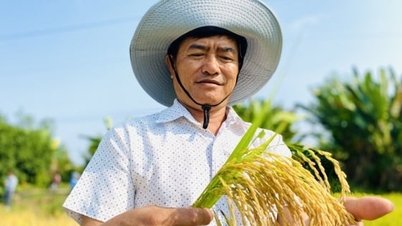

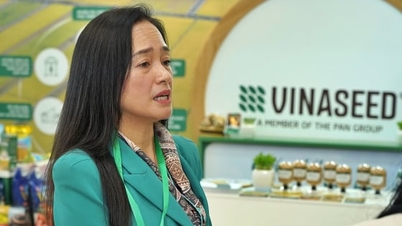
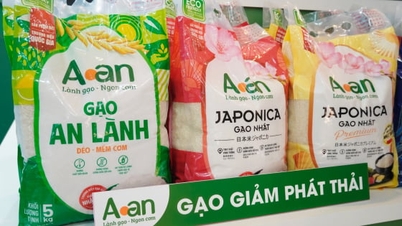






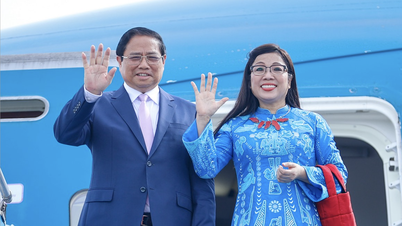






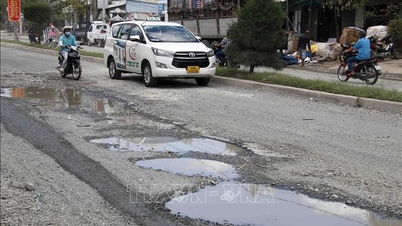





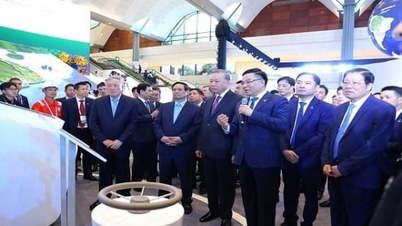
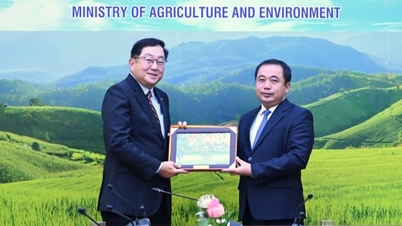
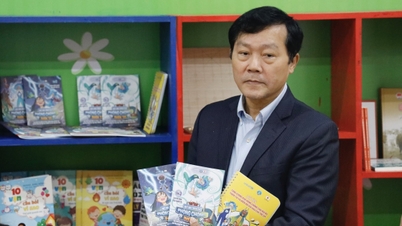
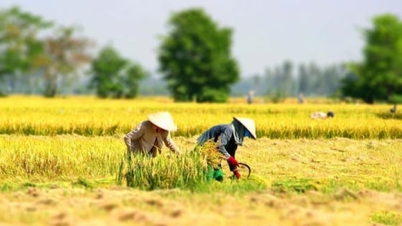
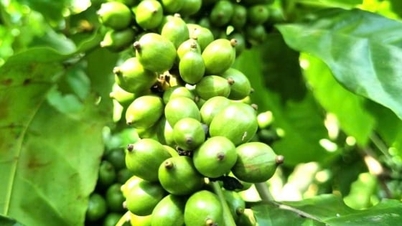
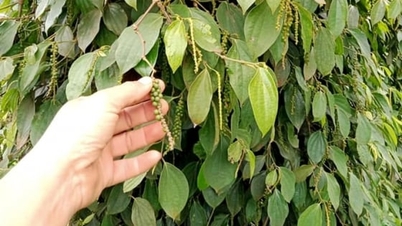











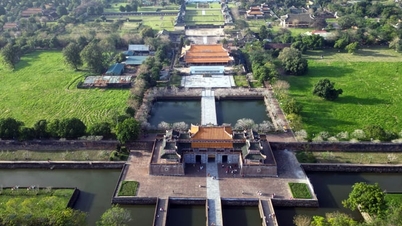

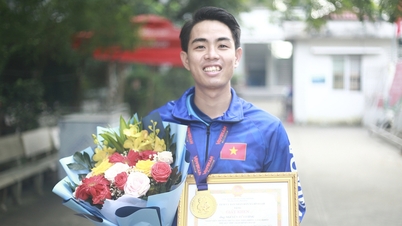
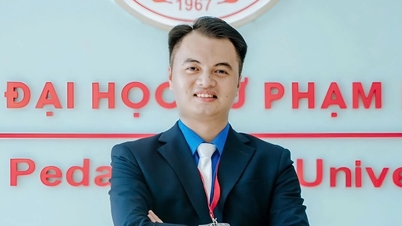





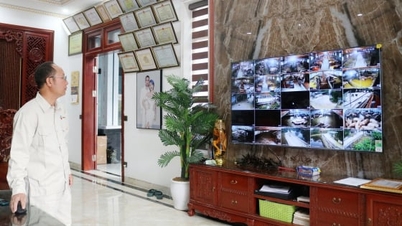













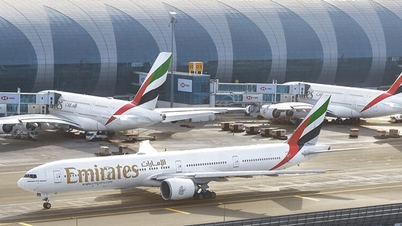


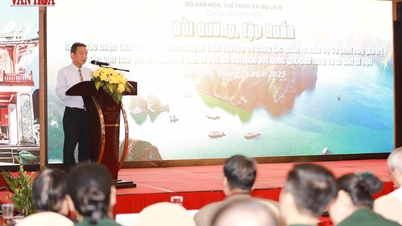


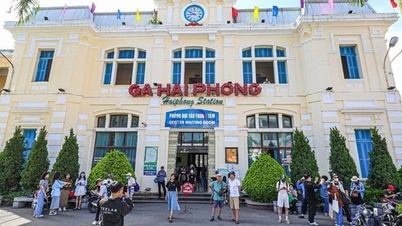



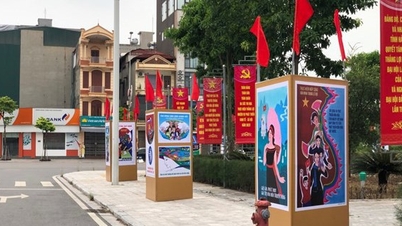
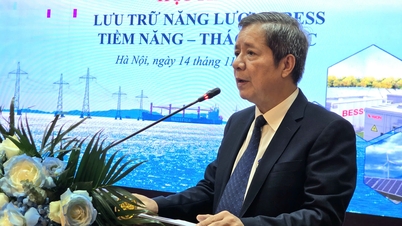
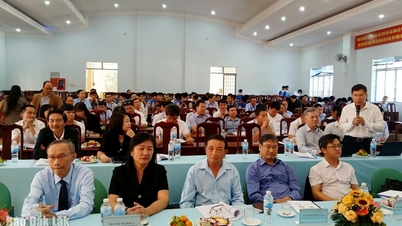

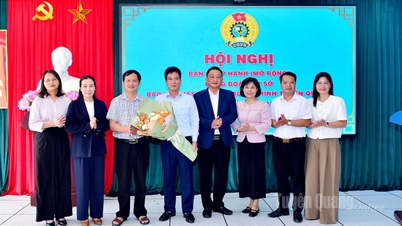

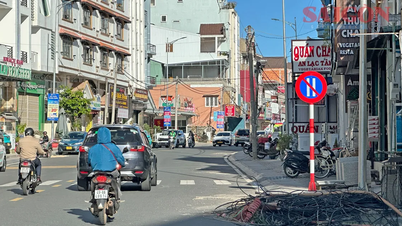
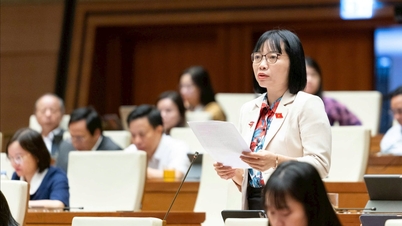

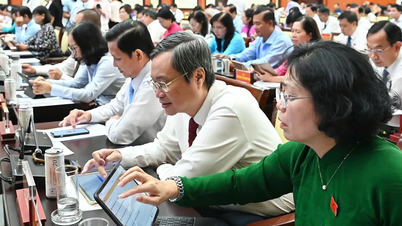
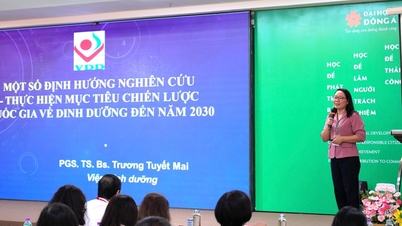






![Dong Nai OCOP transition: [Article 3] Linking tourism with OCOP product consumption](https://vphoto.vietnam.vn/thumb/402x226/vietnam/resource/IMAGE/2025/11/10/1762739199309_1324-2740-7_n-162543_981.jpeg)






Comment (0)